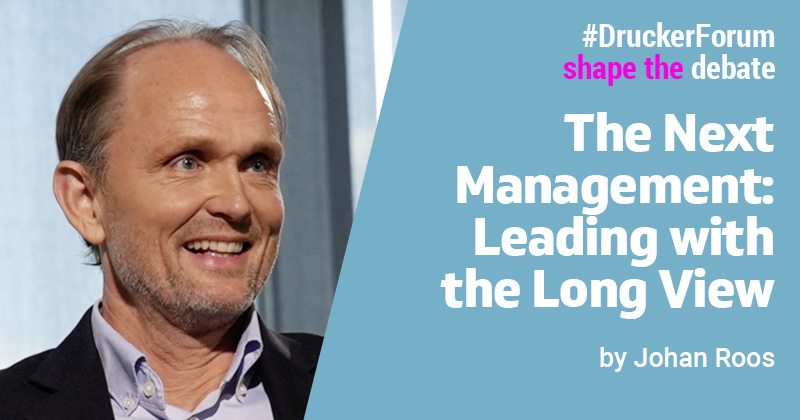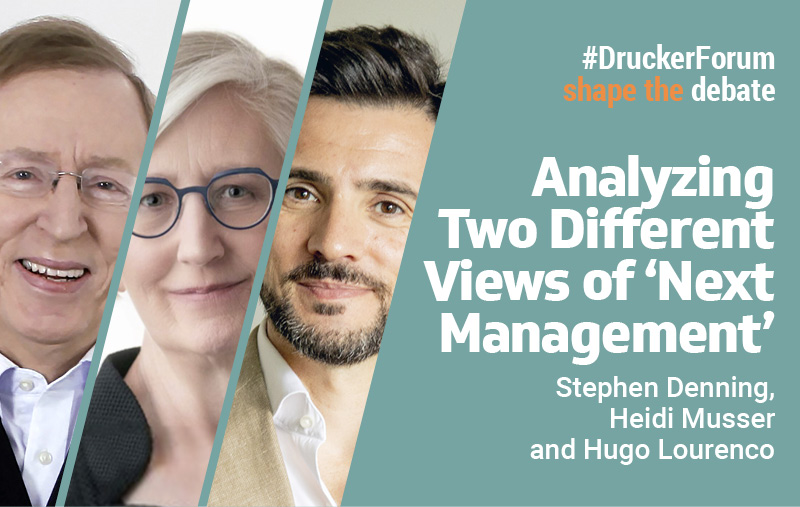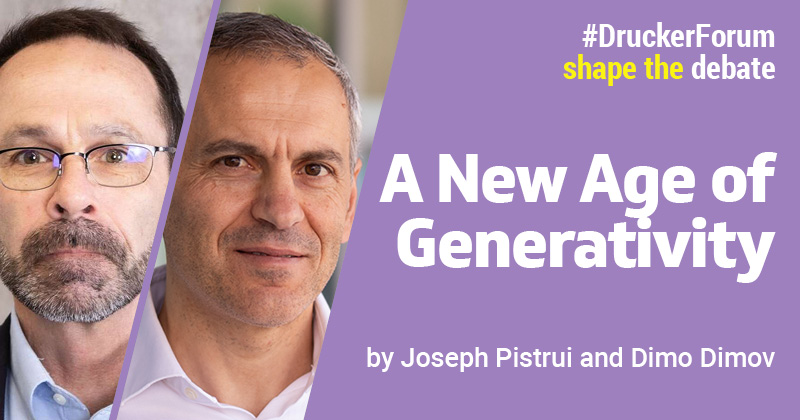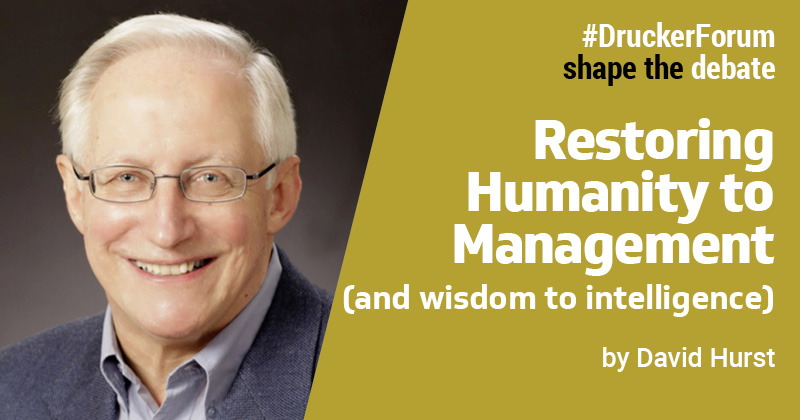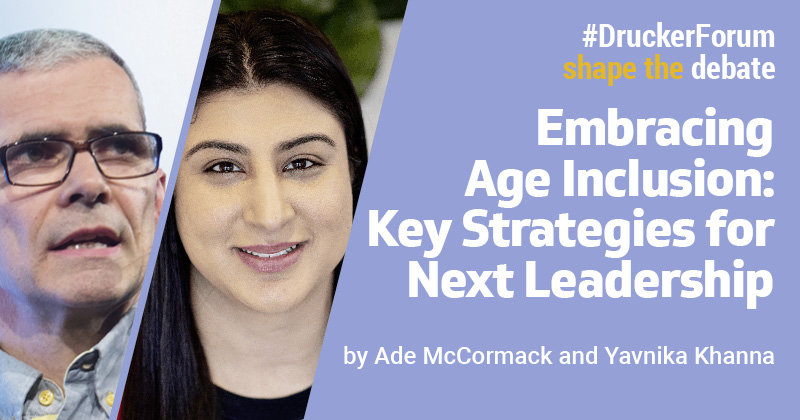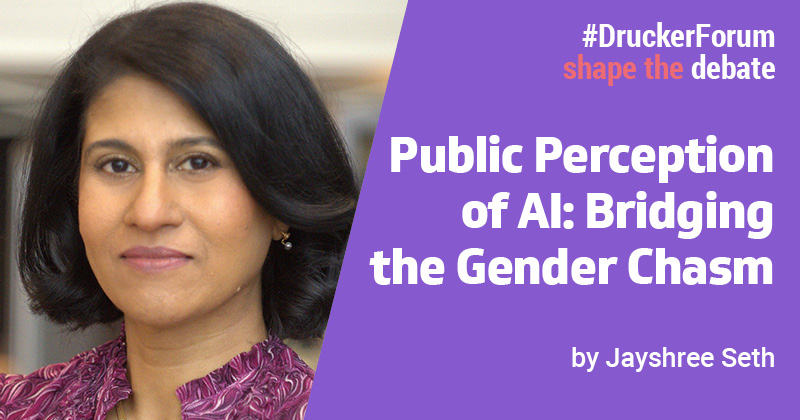I just came back from attending one of the world’s largest technology conferences where the sarcastic comment of the week from speakers was to promise they wouldn’t bring up the term ‘AI’. We have a huge problem looming that’s related to AI. It’s already become a confusing buzzword that most can’t define or explain. When asked, the common response is that AI is ChatGPT or another GenAI tool. This lack of clarity and confusion about AI is compounded by the AI fearmongering that exists in the media and within organizations that want everyone to believe we’re all going to be replaced by robots or a bot. There’s also a perception of division between the knowledge worker (people) and the AI (the tools).[…]
Continue reading


